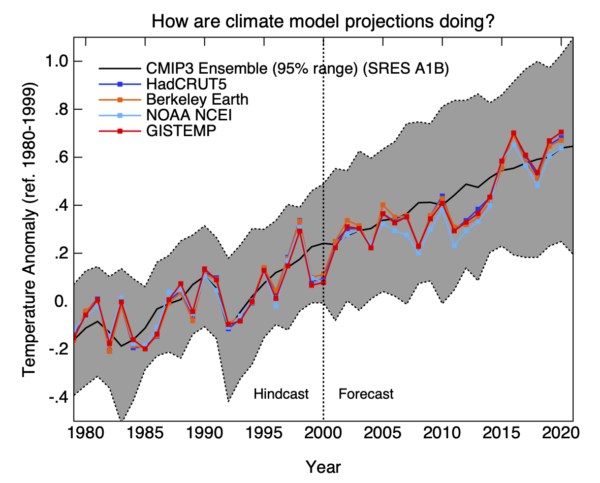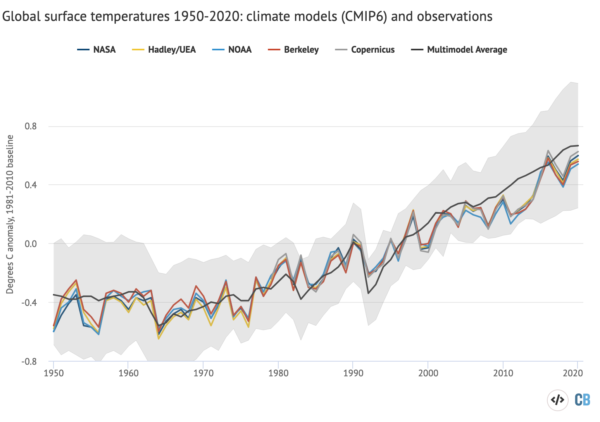Guest commentary from Yoram Bauman
Everyone from Treasury Secretary Janet Yellen to Elon Musk thinks that putting a price on carbon is an important step in tackling climate change. Politically, however, carbon taxes and cap-and-trade systems face an uphill battle, in part because they could drive up the prices of household basics like gasoline and electricity. There are many worthy proposals for addressing this concern, mostly focused on the idea of using carbon pricing revenue to pay for things like per-capita dividends, green investments, or reductions in payroll taxes.
But what if you could put a price on carbon without driving up consumer prices? In California, for example, the impact of the cap-and-trade system on residential electric bills is reduced substantially by the semi-annual Climate Credits that households receive on their bills.
[Read more…] about Looking for help with an electricity tax-swap idea
